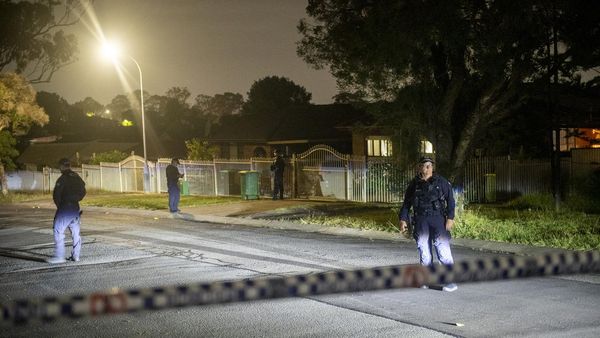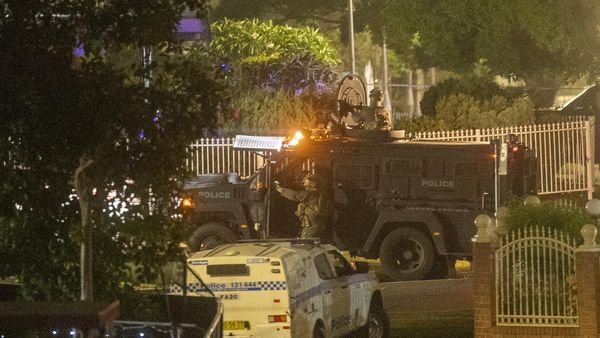The Centre on Tuesday told the Supreme Court that the CBI is an “autonomous body” and it has no ‘control’ over the investigative agency.
The submission in the top court incidentally comes two days after the Centre brought in ordinances by which the tenures of the Directors of the CBI and the Enforcement Directorate are stretched to a maximum of five years. The posts had enjoyed fixed tenures of two years in compliance with the directions of the Supreme Court in the Vineet Narain case. The ordinances have come under criticism from Opposition parties like Congress, which have termed the move as an incentive to silence dissent.
Attorney General K.K. Venugopal was objecting to a suit filed by the West Bengal Government making the Union of India, and not the CBI, party.
West Bengal has, in the case, challenged the CBI’s jurisdiction to register FIRs and conduct investigations in the State in myriad cases. The State had withdrawn its “general consent” to the CBI way back in 2018.
The Centre, through Mr. Venugopal, said it has no part in the FIRs and cases registered by the CBI. The West Bengal has got it wrong. The CBI can speak for itself. It is, after all, an independent body operating under a statute of law.
“The defendant [Union of India] is not concerned under any of these issues. There is a Special Act called the DSPE Act and the officials of the Delhi Special Police Establishment are required to register cases… Registering FIR is purely by an autonomous body. The Union of India has no control. I am not registering or investigating any case,” Mr. Venugopal protested in the preliminary hearing of the suit before a Bench led by Justice L. Nageswara Rao.
Senior advocates Biswajit Bhattacharya, appearing for West Bengal along with senior advocate Siddharth Luthra, countered that the Centre and the CBI were “inextricably intertwined”. He said the fact was evident from the DSPE Act.
The Supreme Court had itself once famously commented on the CBI as a “caged parrot” speaking the voice of its political masters.
A recent affidavit filed by the Department of Personnel and Training had however taken the high ground that the Union has no authority to rattle the autonomy of the CBI to conduct investigations, especially in cases of post-poll violence transferred to it by the Calcutta High Court in which the State police were under a cloud.
In its affidavit, the Centre, while maintaining that West Bengal’s power to withhold consent to the CBI was far from absolute, accused the latter of ‘suppressing’ information in the apex court that the post-poll violence cases were transferred to the agency by the Calcutta HC.
It said withdrawal of general consent would not stand in the way of constitutional courts entrusting the CBI with the cases “where it is found that the State police would not effectively conduct a fair and impartial investigation”.
Besides, the CBI was empowered to probe cases concerning any of the Central subjects enumerated in the Union List in the Seventh Schedule of the Constitution. The affidavit had said the alleged crimes under investigation were offences under parliamentary laws.
“All these would be traceable to laws made by Parliament… the State Government would not have competence to use its police force to investigate these offences,” the Centre has argued.
The Bench posted the case after two weeks.







